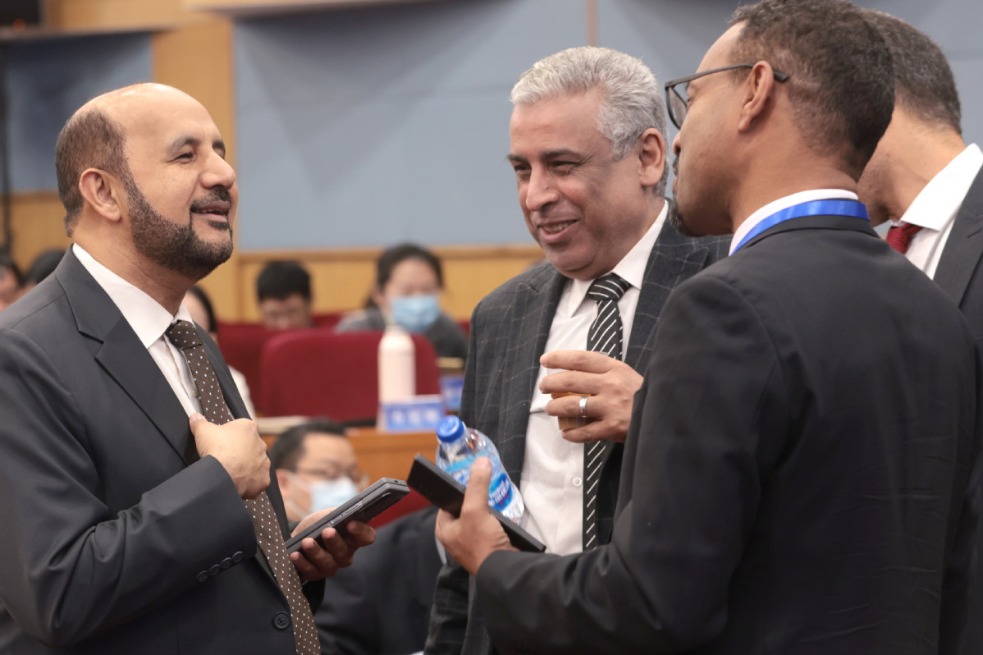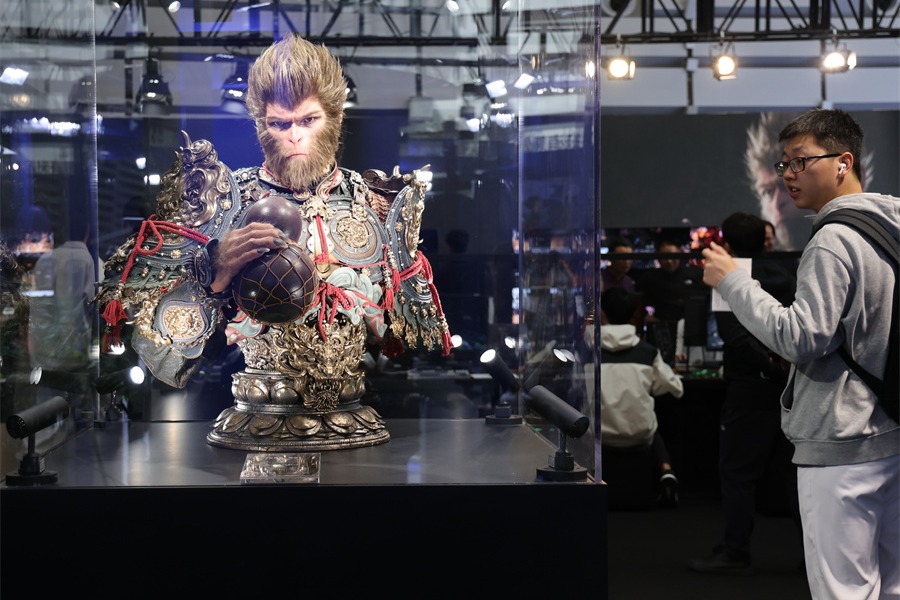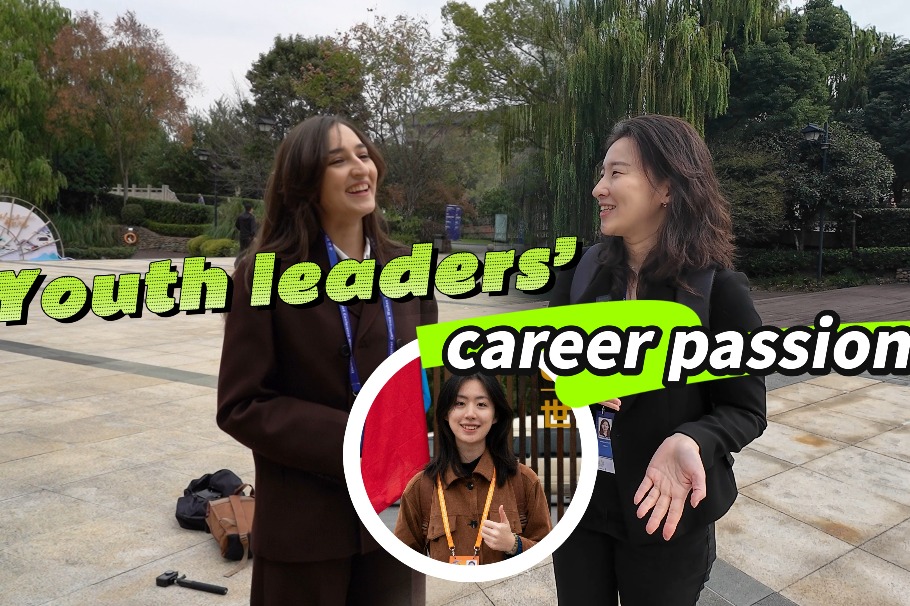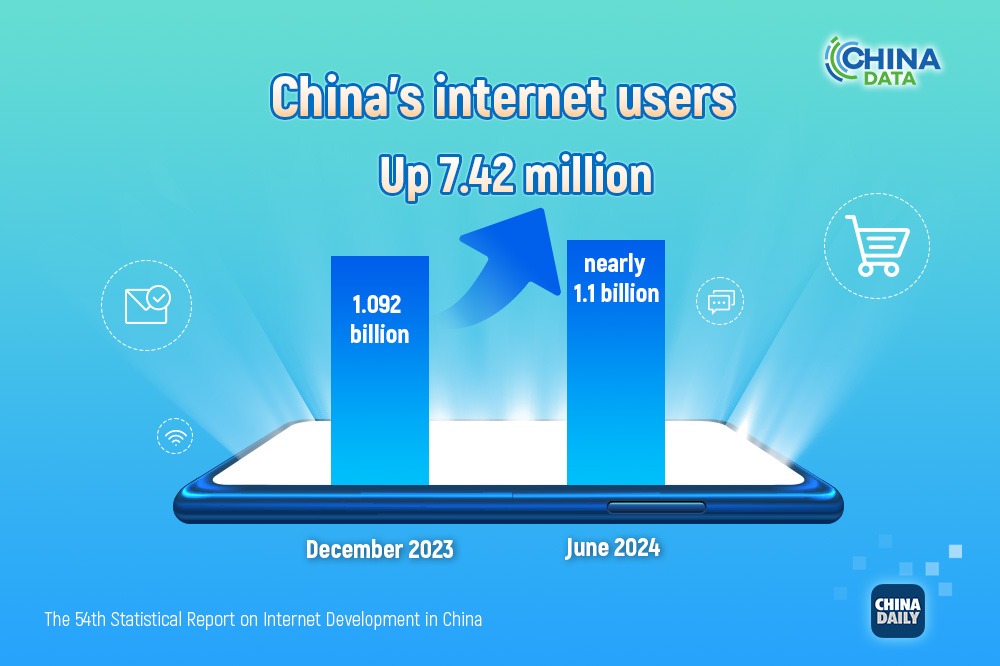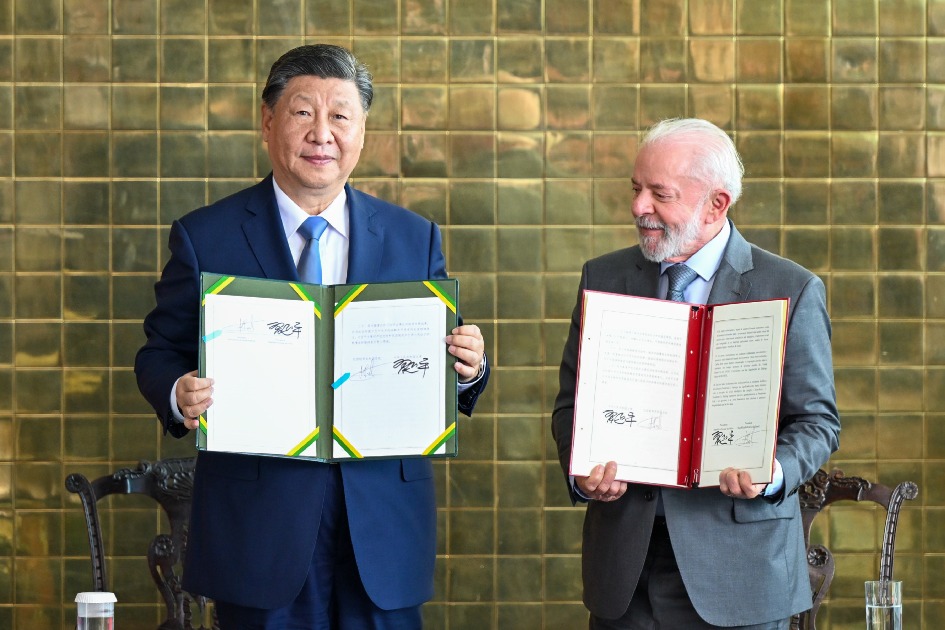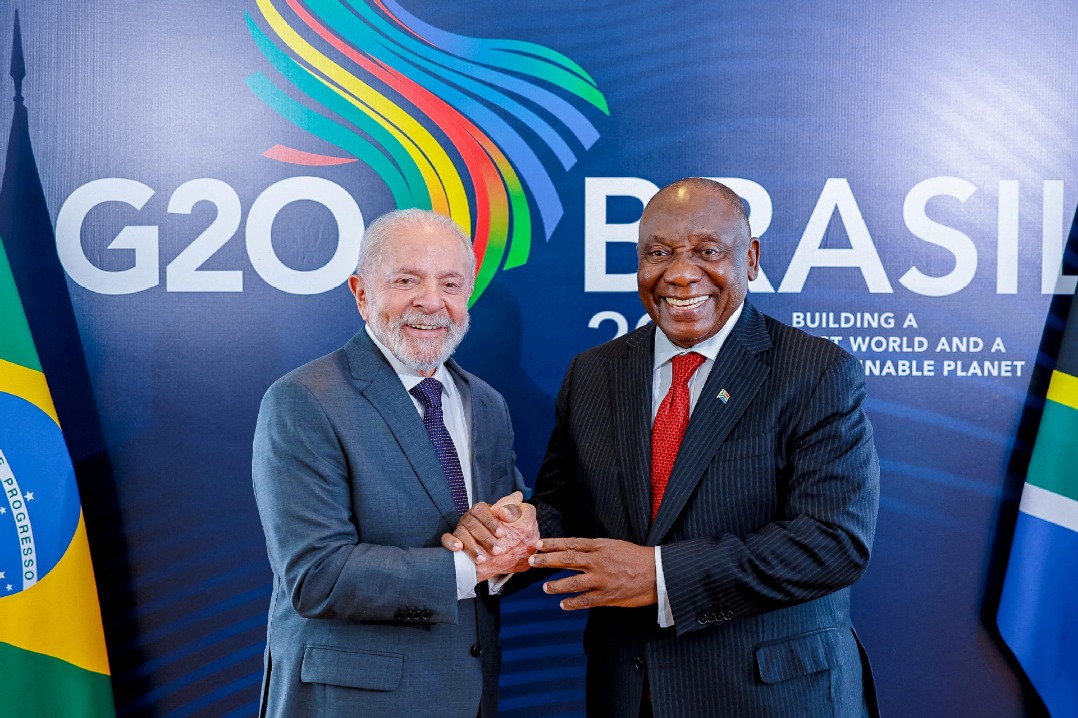Centenary message resonates across globe
By Jose Luis Centella Gomez | China Daily Global | Updated: 2021-07-09 09:09

On July 1, Xi Jinping, the general secretary of the Communist Party of China Central Committee, delivered an important speech at a grand gathering in Beijing to celebrate the centenary of the Party's founding. His words should be valued not only for their message to the Party's more than 95 million members, but also for what they mean for the whole world.
In his speech, Xi, also China's president and chairman of the Central Military Commission, characterized the current moment in the process of building a new China-a process that began in 1949 with Mao Zedong's announcement of the founding of the People's Republic of China-as the overcoming of a historical process that began with China's defeat in the first Opium War (1840-42).China was subsequently humiliated and crushed by British imperialism, which condemned it to a situation of semicolonialism and semifeudalism.
The reasons for that defeat have been studied by the CPC as being a consequence of not having undertaken the Industrial Revolution of the mid-18th to mid-19th centuries, which led China to a situation of technological, industrial and military inferiority. This, together with the deterioration of the despotic and feudal imperial regime, allowed the British Army to win.
General Secretary Xi portrays the CPC as the heir to historical movements that did not resign themselves to the defeat of 1842, citing the Taiping Heavenly Kingdom Movement, the Reform Movement of 1898, the Yihetuan Movement and the Revolution of 1911, concluding that in 1917, the October Revolution brought Marxism-Leninism to China, giving rise to the birth of the CPC in 1921.
From the time of its founding, the CPC set as its central objective the struggle to revitalize the Chinese nation, liberating it from colonialism, in order to bring happiness to the Chinese people. These central objectives were developed in the historical struggles of the CPC, which Xi reviewed in his speech, pointing out that the Northern Expedition, the Agrarian Revolutionary War, the War of Resistance Against Japanese Aggression (1931-45) and, finally, the War of Liberation (1946-49) led to the CPC "toppling the three mountains of imperialism, feudalism, and bureaucrat-capitalism and establishing the People's Republic of China, which made the people masters of the country".
The top leader of the CPC has proclaimed that the people of China together with the leadership of the Party succeeded in breaking foreign dependence and managed to start the construction of a new society by further developing Marxism-Leninism. This is embodied in socialism with Chinese characteristics as an adaptation of the Party theories of Mao Zedong Thought and Deng Xiaoping Theory, which are rooted in the cultural tradition of China.
General Secretary Xi said it is the people whose verdict decides the correctness of any policy.
Furthermore, the quality of life of the Chinese people is directly related to the development of socialism with Chinese characteristics and the leading role of the CPC in society.
Three elements in particular stand out in Xi's speech:
First, the CPC's general secretary has proposed to political forces around the world that overcoming the challenges of current global crises requires joint work to build a community of shared future for humankind, with the China-led Belt and Road Initiative being one of the main and most profitable ways to improve the living conditions of all the planet's inhabitants.
Second, the CPC will ensure the unity of the Chinese nation, reaffirming the objective of territorial unification.
Third, the People's Liberation Army, as the defender of the country's sovereignty and security and maintenance of the interests of the country's development, is dedicated to achieving the well-being of the Chinese people. It also is integrated into political discipline, since it is the Party, as the representative of the people, that commands the military.
Xi's speech showed how the China of today is a meeting point between the best traditions of China's long history and the contributions of Marxism-Leninism, which has given rise to socialism with Chinese characteristics in such a way that reform and opening-up have made possible a historic advance in productive forces. This has resulted in high levels of progress for China's people and the nation's global competitiveness, from the efficiency and quality of its industry to the strength of its economy.
Xi extended his hand to the rest of the globe on July 1 to build a more prosperous and peaceful world, but at the same time he declared that China will never again be subjected to imperialism or colonialism. He said China is ready to defend its territorial integrity and its right to be a fully developed country, and has freed its people from poverty, so that all can aspire to happiness.
The author is president of the Communist Party of Spain.





